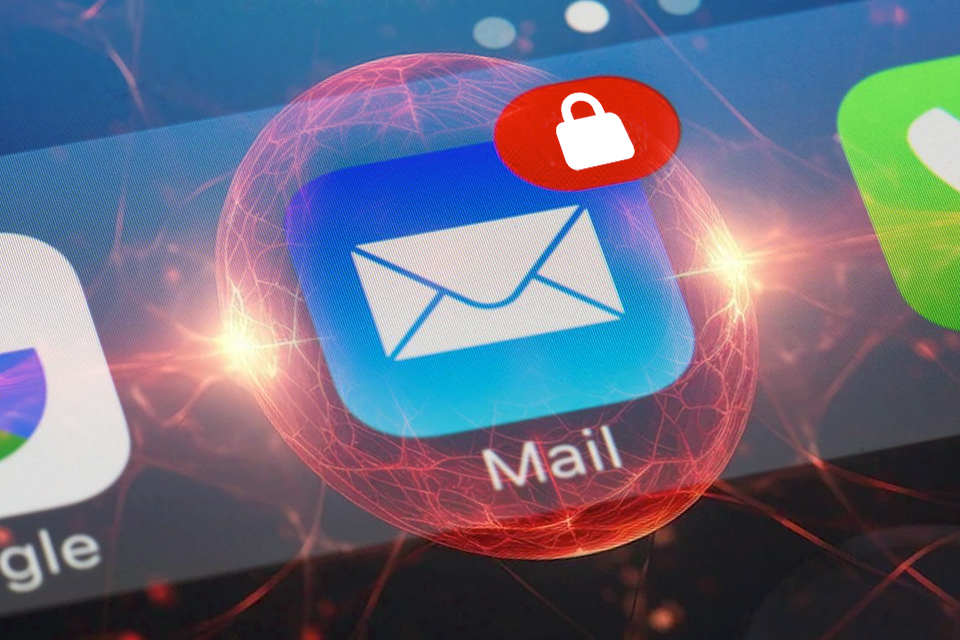Introduction
Business Email Compromise, or BEC, has moved past being just a corporate gossip topic—it’s akin to a horror movie scream that rattles offices far and wide. Seriously, it’s like the antagonist that just won’t die in the latest thriller.
To add drama, the FBI’s Cybercrime Report has pointed its finger at BEC as the opening act of their worst cybercrime show. Let’s face it, an appalling average loss of $137,000 per BEC incident isn’t just alarming; it’s enough to make you check your bank account more times than you check your social media. Can you afford to lose that much? I mean, that could buy you a fancy car or at least a lifetime supply of coffee to drown your sorrows!
What BEC Means for You
So, what does this mean for your beloved private company data? Imagine this: losing six months of your salary or even your boss’s salary just because you clicked on an email link that looked suspiciously like it came from the boss himself. The grim truth is that cybercriminals are sharpening their tricks, mimicking the communication styles of trusted higher-ups to trick you into transferring funds or sharing sensitive information. Talk about playing with fire!
And here’s the kicker: it’s not just big corporations getting burned. Small and medium-sized businesses can feel the heat too. Often lacking the robust cybersecurity infrastructure of their bigger counterparts, they can end up face down in the dirt after a BEC attack. As many as 60% of SMBs might go belly up within six months after a cyberattack. Now that’s a plot twist nobody wants!
Ever wonder why these scams are so dangerously effective? It’s simple: they’re incredibly convincing. Authority figures have a certain gravitas that can make us all a little less skeptical. Who wants to rock the boat and say, “Hey, is this a phishing email?” to someone a few rungs up the ladder? Nobody, that’s who! When your paycheck or job is on the line, you’re more likely to follow orders than think twice!
How to Protect Against BEC Scams
To protect your business, think like a superhero with a multi-layered approach—cape optional. Employee training to spot phishing attempts is essential. Make sure to take security awareness courses to heart (yes, that means not treating them like another monotonous team meeting!). Pay attention during phishing simulations that teach how to identify and report every scam attempt, even those sneaky ones.
The bottom line? Stay vigilant! When it comes to communicating private information, always use encrypted channels. Emailing sensitive information should be as rare as spotting a unicorn—only do it when absolutely necessary and with the right audience. Use course-correcting tools like spam filters that can catch sketchy emails before they hit your inbox. It’s like having a gatekeeper who isn’t fond of unwanted guests!
If you receive a suspicious message, take a moment to breathe and reassess the situation—this is no time for knee-jerk reactions! Look for telltale signs like typos, vague threats, unsolicited links, and those email addresses that seem just a tad too off. A tiny tweak in your email habits can save you from a big disaster!
And for the love of data, back it up regularly! That’s like having insurance—you hope you never need it, but boy will you be glad you have it if things go awry. Consider cloud computing, which can automatically back up files to an encrypted remote database. But don’t just set it and forget it—check back regularly to ensure everything’s in order. After all, nobody enjoys discovering their backups are as useful as a chocolate teapot!
Don’t forget BEC isn’t just a tech issue; it’s a social engineering nightmare that preys on human trust and errors. So, even if it seems like your boss is sending you an urgent email, keep a wary eye out for suspicious signs. If something feels off, double-check with verified channels. Even the most tech-savvy of us can fall prey without a healthy dose





